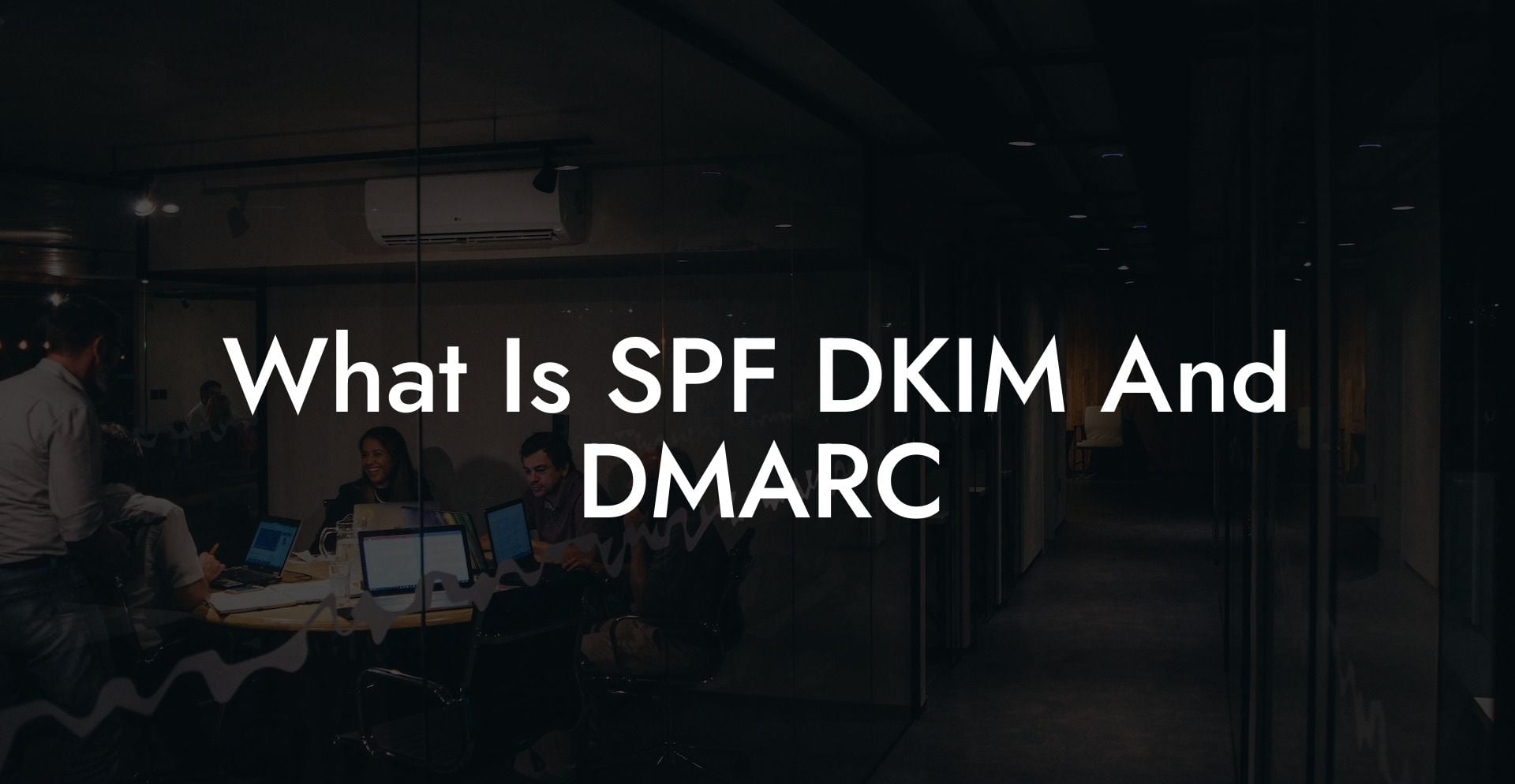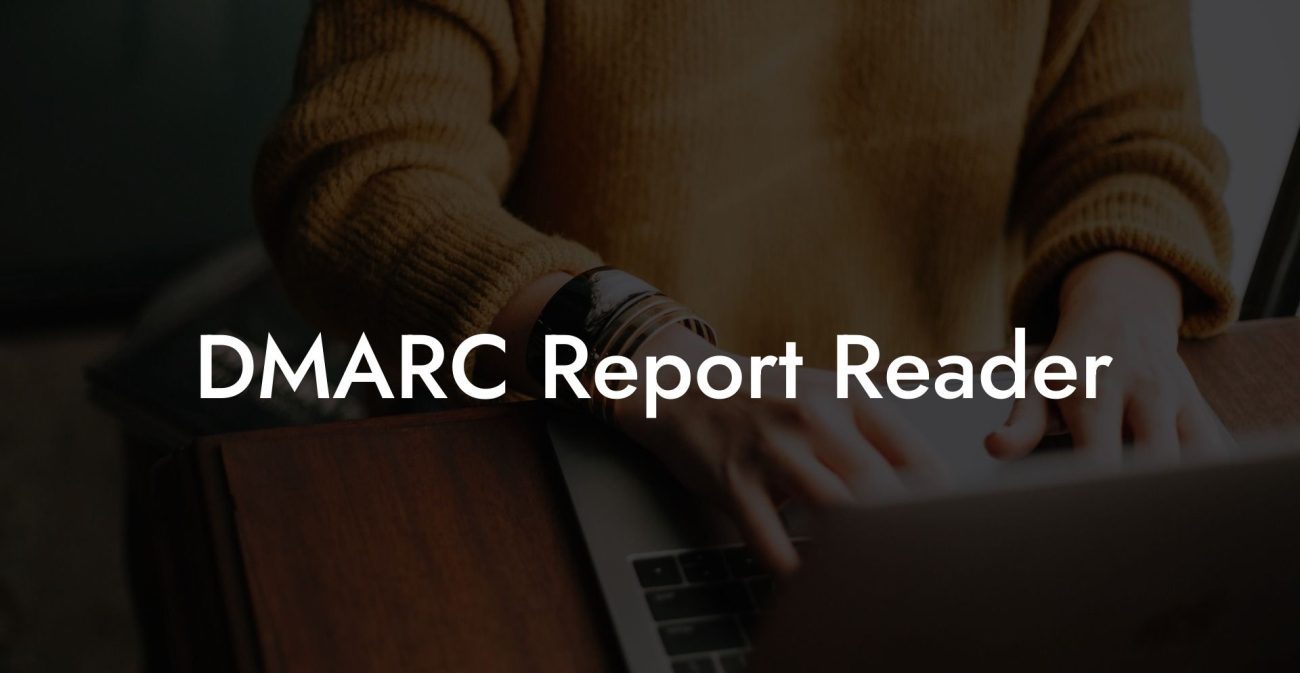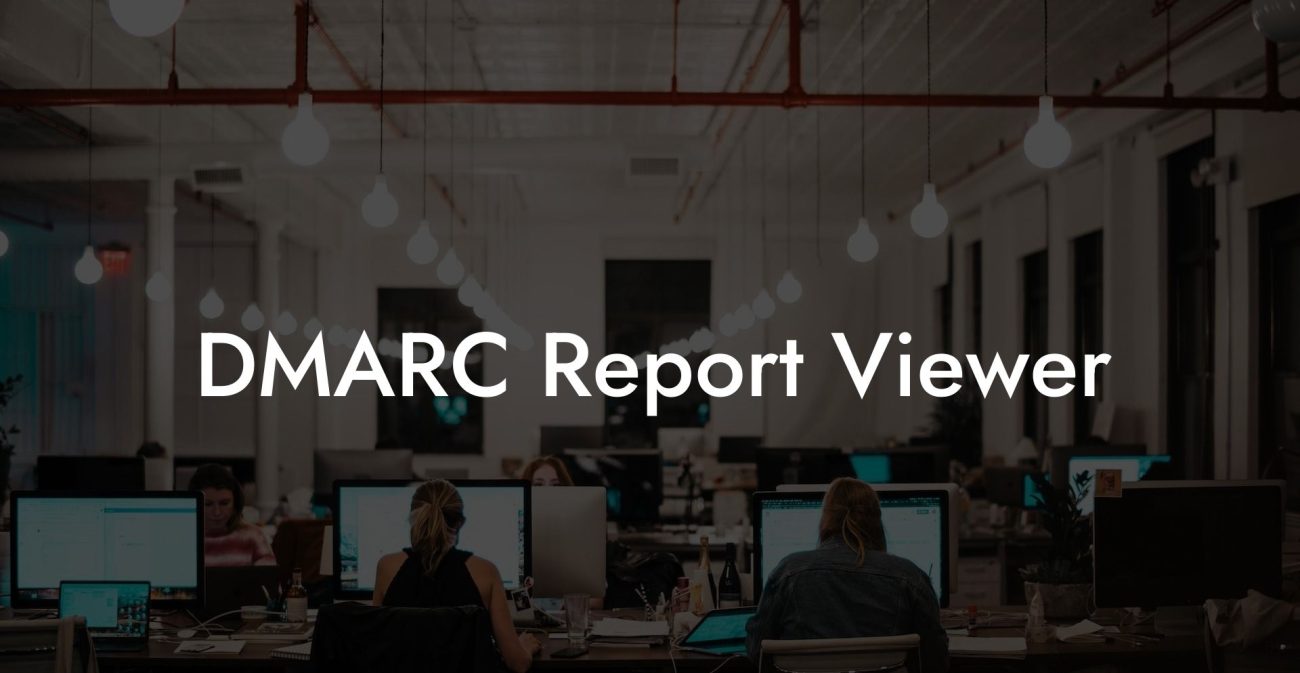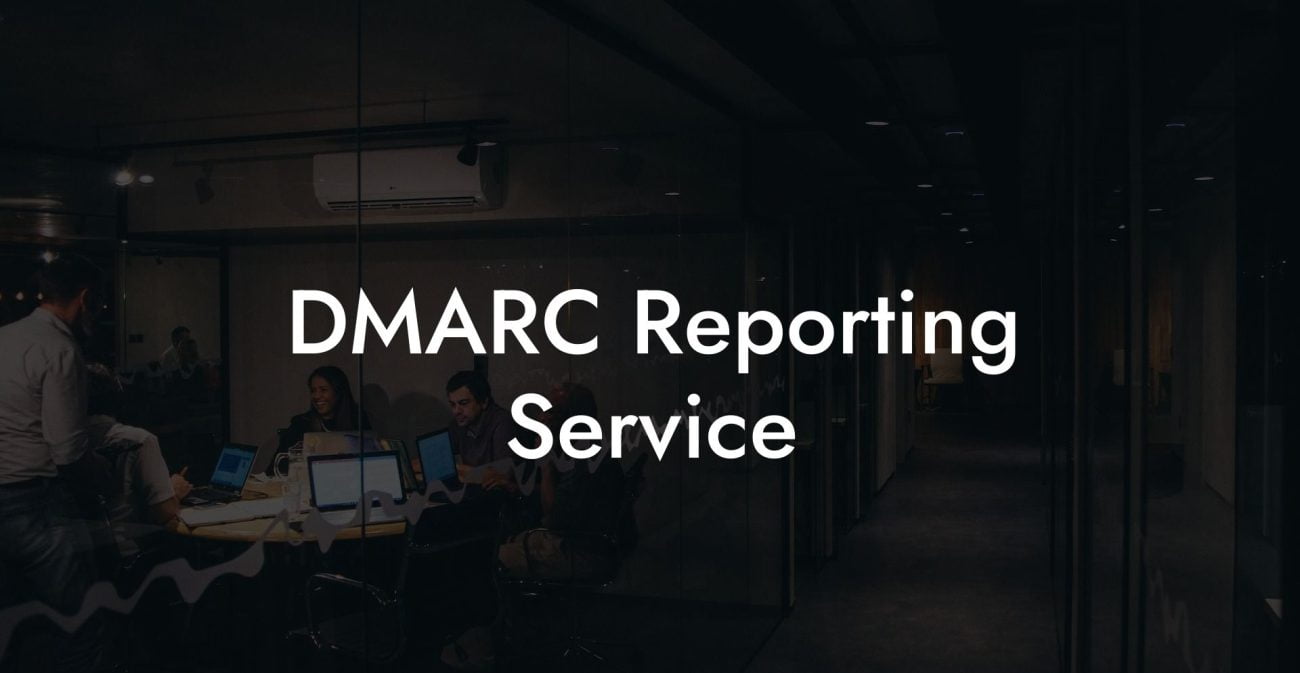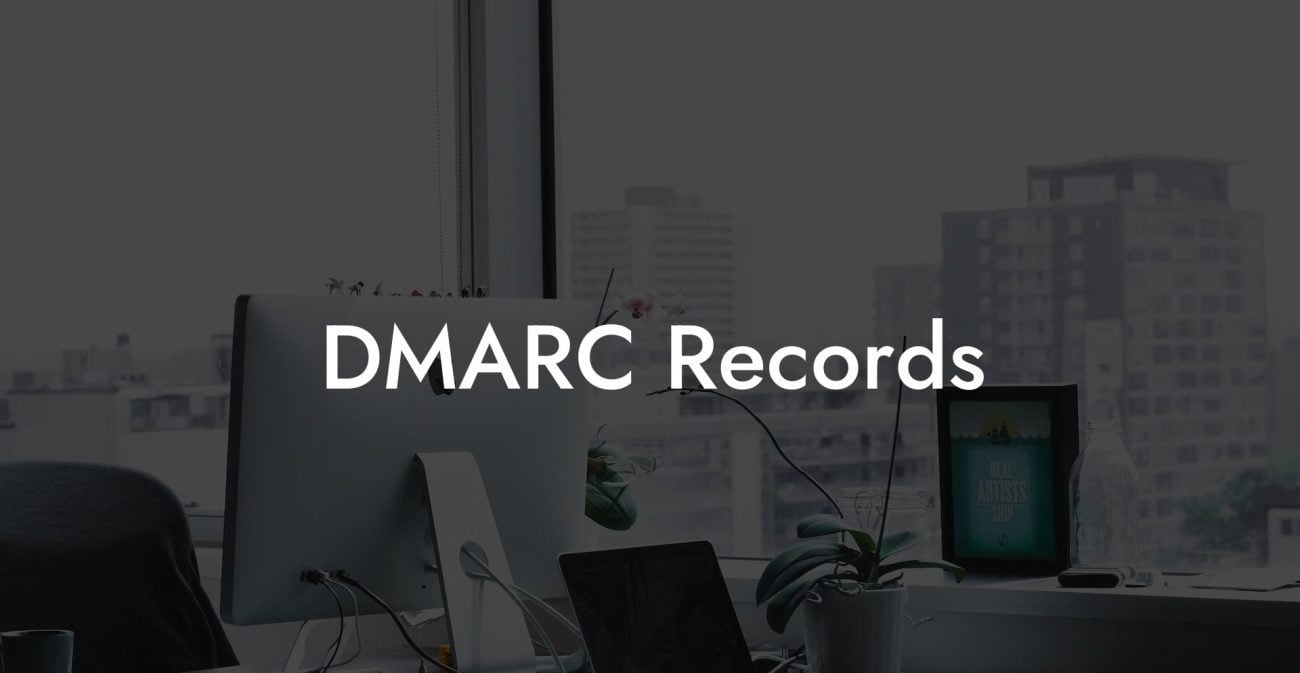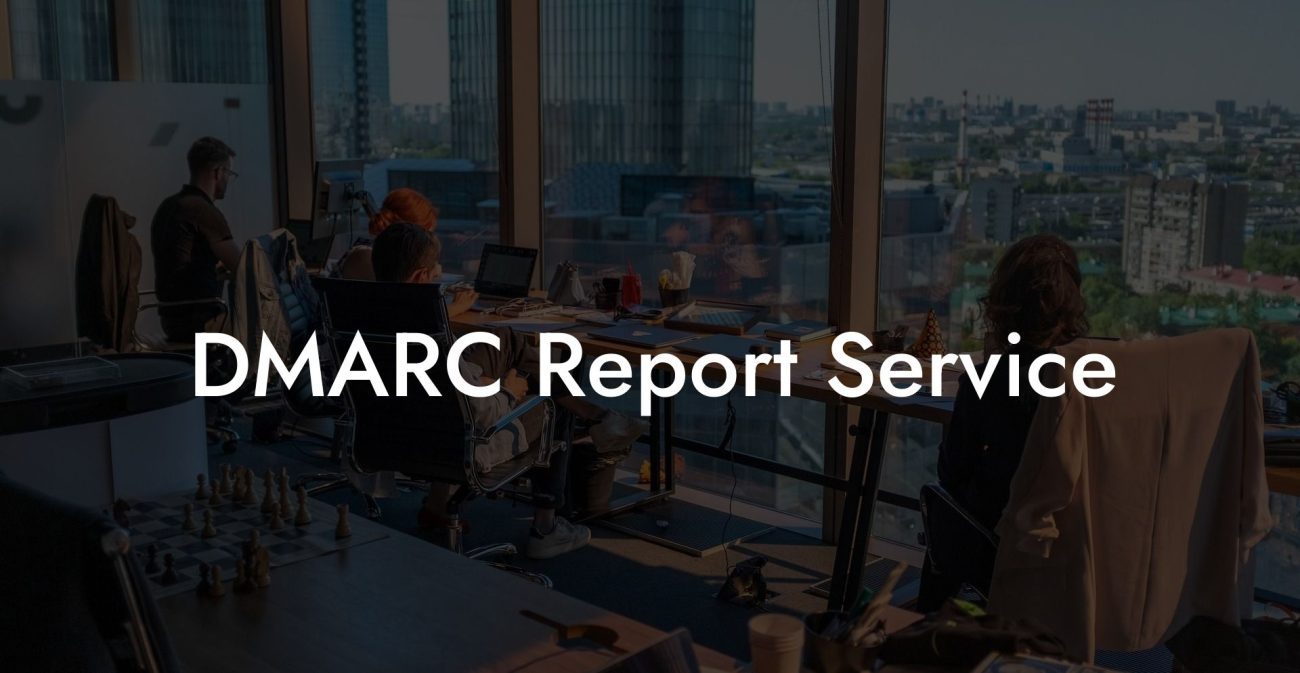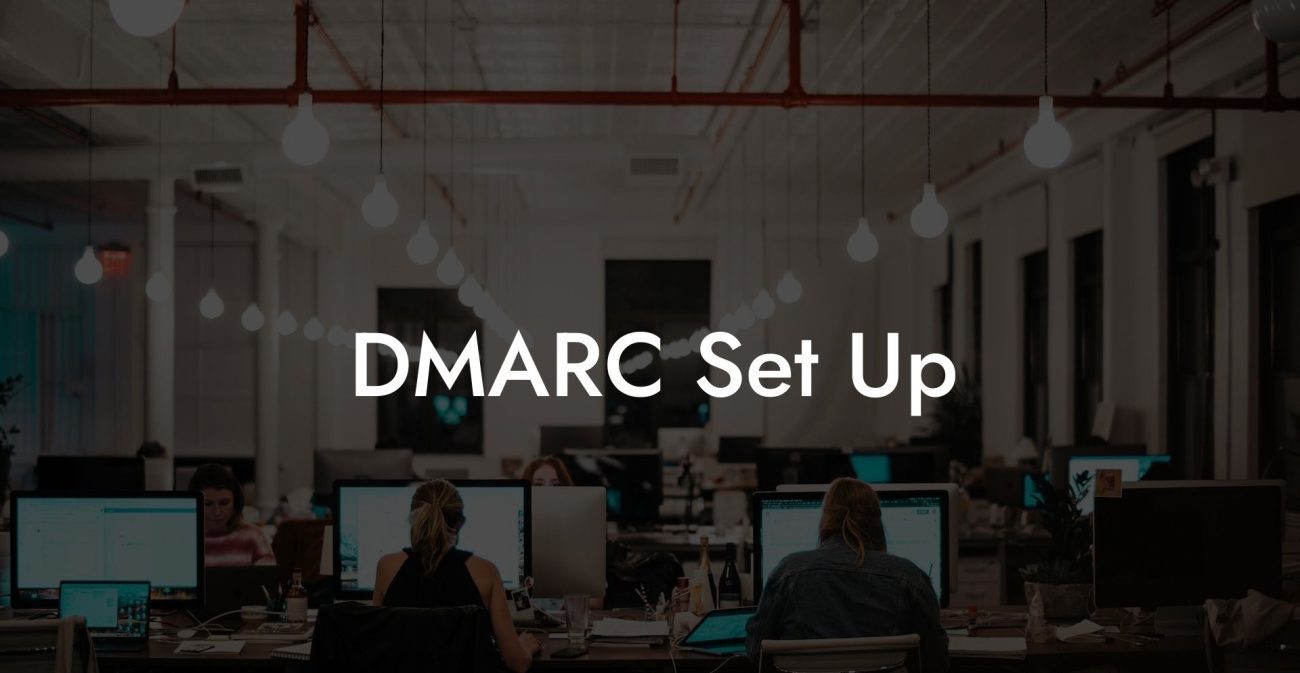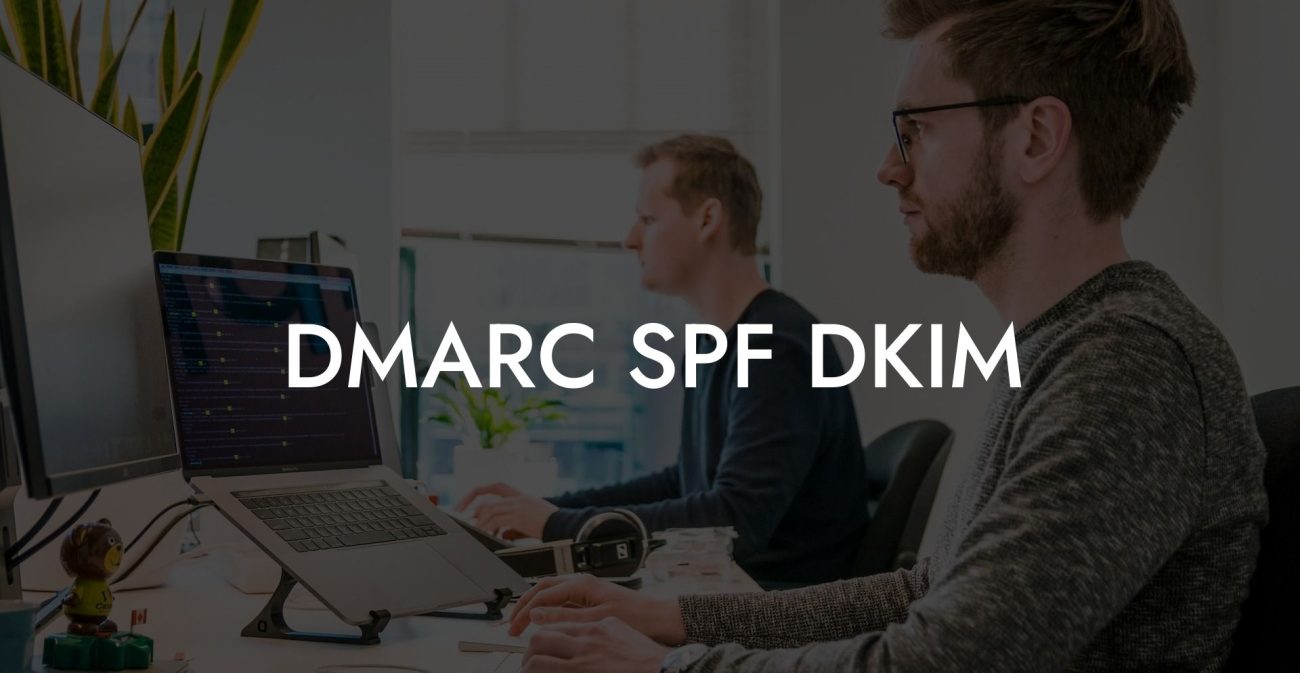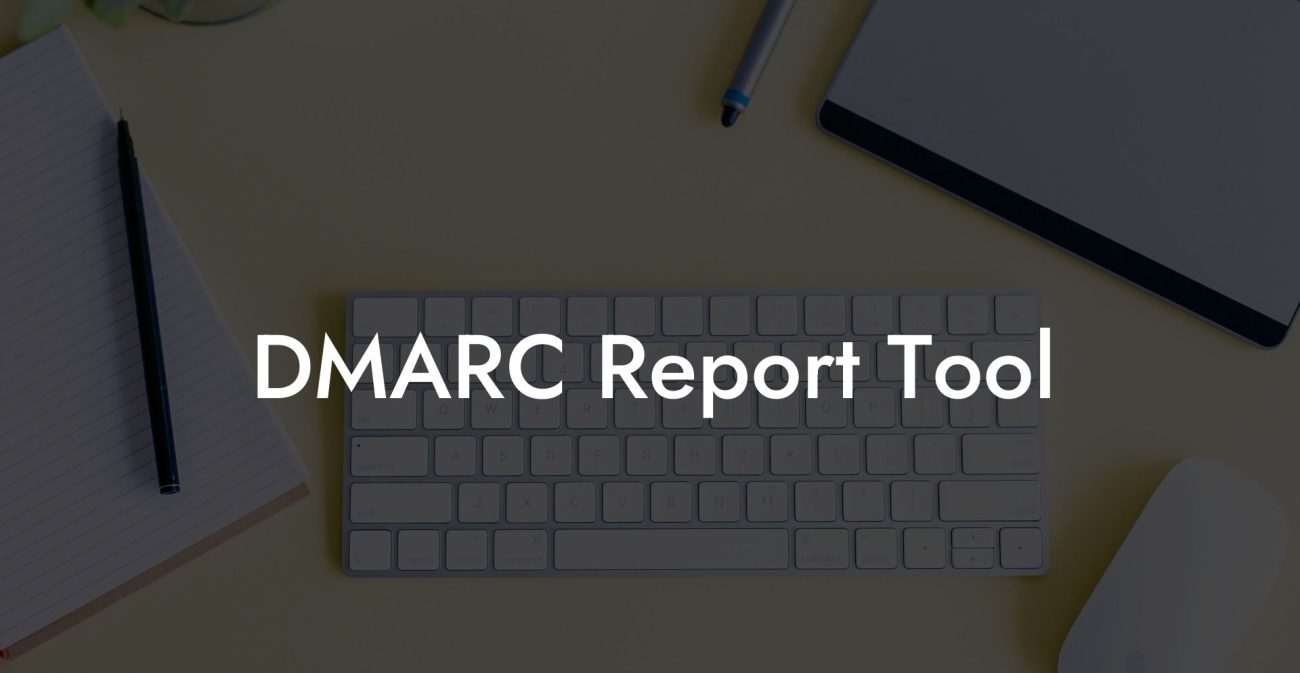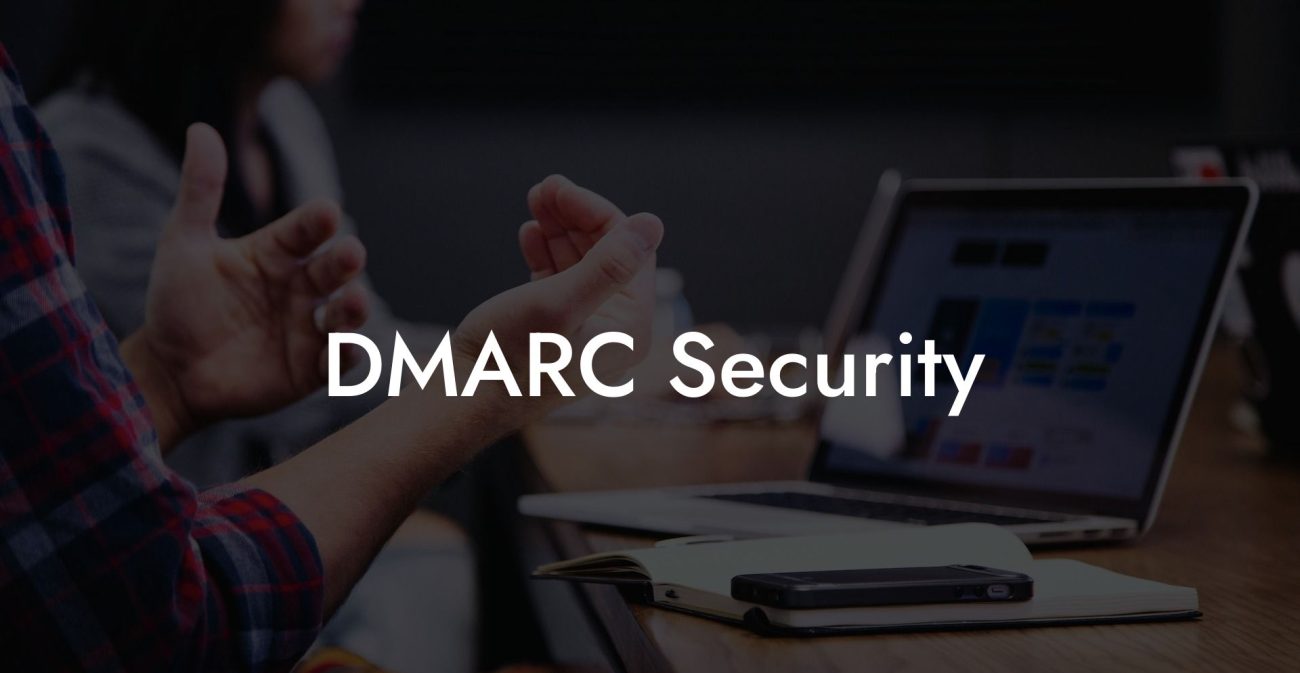In today's digital age, email security has never been more critical. With cybercriminals lurking in every corner of the internet, it's essential to understand and implement necessary email authentication tools to protect your organization and your clients from phishing attacks. That's where SPF, DKIM, and DMARC come in - three essential email authentication protocols designed to minimize the risk of email spoofing and improve your domain reputation. But what exactly are SPF, DKIM, and DMARC, and how do they work together to secure your email communications? In this detailed guide, we'll dive deep into each of these protocols, how they function, and their benefits in maintaining a secure email environment.
What Is SPF DKIM And DMARC Table of Contents
Understanding SPF, DKIM, and DMARC
Sender Policy Framework (SPF)
SPF is an email authentication protocol that verifies if a specific email came from an authorized domain. It does this by checking the sending server's IP address against a list of authorized IP addresses specified within the domain's DNS records. If the IP address is found in the list, the email passes the SPF check and is considered legitimate.
DomainKeys Identified Mail (DKIM)
Protect Your Data Today With a Secure Password Manager. Our Top Password Managers:
DKIM is another email authentication protocol that adds a digital signature to the email header. This signature can be verified against a public cryptographic key stored in the domain's DNS records. When the receiving server checks the signature and it matches the public key, the email is deemed legitimate and not tampered with during transit.
Domain-based Message Authentication, Reporting, and Conformance (DMARC)
DMARC is an overarching authentication protocol that ties together SPF and DKIM. It enables domain owners to specify how the receiving email servers should treat emails that fail SPF or DKIM checks – either by quarantining, rejecting, or allowing the email to pass through. Furthermore, DMARC provides a reporting mechanism that sends periodic reports to domain owners detailing authentication results for their incoming emails.
Benefits of Implementing SPF, DKIM, and DMARC
- Enhanced Email Security: These protocols help protect your domain from email spoofing, phishing, and other malicious activities by authenticating the sender's identity and verifying email content.
- Improved Domain Reputation: Proper implementation of SPF, DKIM, and DMARC can improve your domain's reputation among mailbox providers, increasing the chances of your emails landing in recipients' inboxes.
- Visibility and Reporting: DMARC provides you with insight into your email ecosystem, making it easier to identify and address any potential vulnerabilities or threats.
- Compliance: Implementing these email authentication protocols can help you meet industry-specific regulations and guidelines for email security and data protection.
What Is SPF DKIM And DMARC Example:
Imagine you're an eCommerce website owner, and you send promotional emails to your customers regularly. Unfortunately, cybercriminals have noticed this and started sending phishing emails to your customers, pretending to be your brand. This could lead to your customers falling victim to scams and damage your brand reputation.
To combat this issue, you implement SPF, DKIM, and DMARC. By doing so, you achieve the following:
- Emails sent from unauthorized sources pretending to be your domain will fail the SPF check and will be treated as suspicious.
- DKIM's digital signatures help ensure your email content is not tampered with in transit, safeguarding your customers from malicious email content.
- DMARC allows you to determine what to do with suspicious emails - whether reject them outright, quarantine them, or accept them, providing a more secure email environment for your customers, and reducing the likelihood of successful phishing attacks.
In conclusion, implementing SPF, DKIM, and DMARC is vital in enhancing your email security and safeguarding your domain against cybercriminals. By adopting these email authentication protocols, you'll be better equipped to protect your organization, clients, and brand reputation from the ever-growing threat of phishing attacks. Don't hesitate to share this guide with your colleagues and friends to raise awareness about the significance of email authentication. Additionally, make sure to explore other informative guides on our Voice Phishing blog to further expand your cybersecurity knowledge.
Protect Your Data Today With a Secure Password Manager. Our Top Password Managers:

